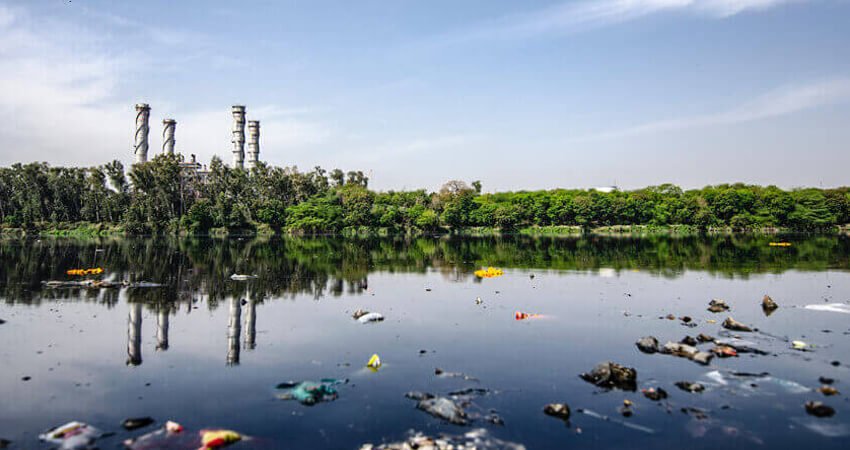The scale of waste generation on a global scale is staggering. According to recent estimates, the world produces over 2 billion tons of municipal solid waste annually, with the potential to increase significantly in the coming decades. Improper waste disposal leads to land and water pollution, soil degradation, and poses a severe threat to biodiversity.
At the core of ecological waste management lie the three Rs – Reduce, Reuse, and Recycle. These principles form the foundation for sustainable waste practices that aim to minimize environmental impact.
– The Three Rs: Reduce, Reuse, Recycle –
- Reduce:
Adopt a minimalist lifestyle to minimize unnecessary consumption.
Support businesses that prioritize waste reduction in their production processes. - Reuse:
Embrace reusable alternatives for single-use items.
Donate or repurpose items rather than discarding them. - Recycle:
Understand local recycling programs and segregate waste accordingly.
Choose products made from recycled materials to stimulate the demand for recyclable goods.
Innovative Solutions in Waste Management Technological Advancements
- Waste-to-Energy Conversion:
Explore technologies that convert waste into energy, reducing dependence on fossil fuels. - Advanced Recycling Processes:
Support research into more efficient recycling methods for diverse materials, including plastics. - Smart Waste Management Systems:
Implementing IoT-based systems to optimize waste collection and recycling processes.
Community-Led Initiatives - Community Recycling Centers:
Establish and support local recycling centers to encourage responsible waste disposal. - Education and Awareness Programs:
Conduct workshops and campaigns to educate communities about waste separation and recycling.
Individual Contributions to Ecological Waste Management - Mindful Consumption:
Make informed choices while purchasing products, opting for those with minimal packaging. - Home Composting:
Transform kitchen waste into nutrient-rich compost for gardening. - Support Local Initiatives:
Engage with local waste management programs and advocate for sustainable practices.
The Road Ahead: Policy and Advocacy - Government Legislation:
Advocate for stringent waste management regulations to ensure compliance and accountability. - Industry Responsibility:
Encourage industries to adopt circular economy principles, minimizing waste in the production process.
Conclusion: A Call to Action
In conclusion, the journey towards effective ecological waste management requires collective action. As individuals, communities, and nations, we must commit to adopting sustainable practices, fostering innovation, and holding industries accountable. Embracing the principles of reduce, reuse, and recycle is not just a choice; it’s a responsibility we owe to the planet and future generations. Let us forge a path towards a sustainable future by reimagining our relationship with waste.
Tags: waste

